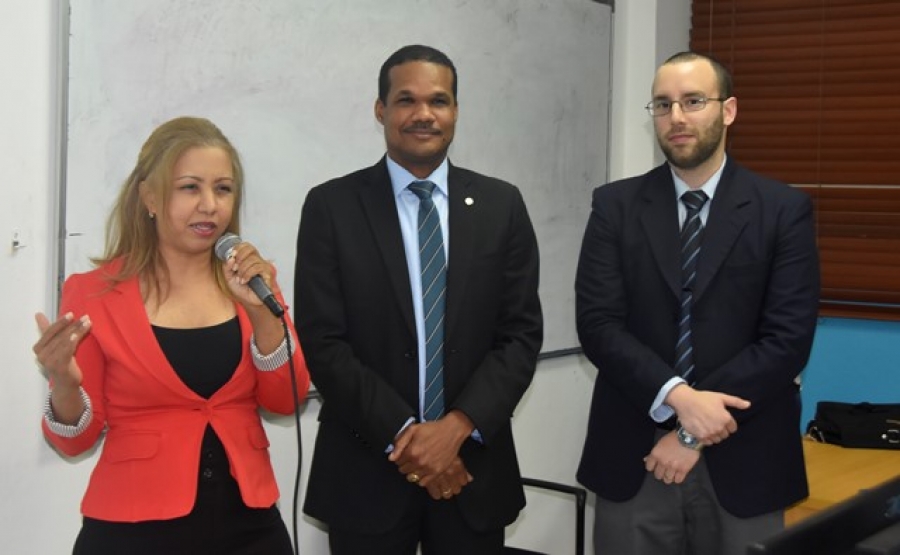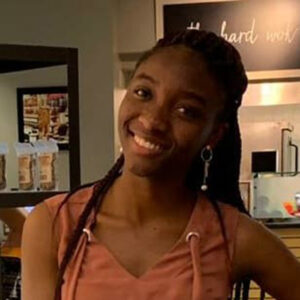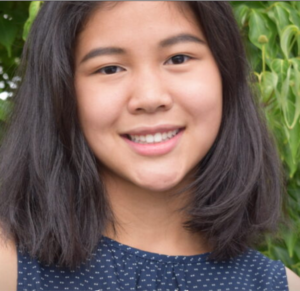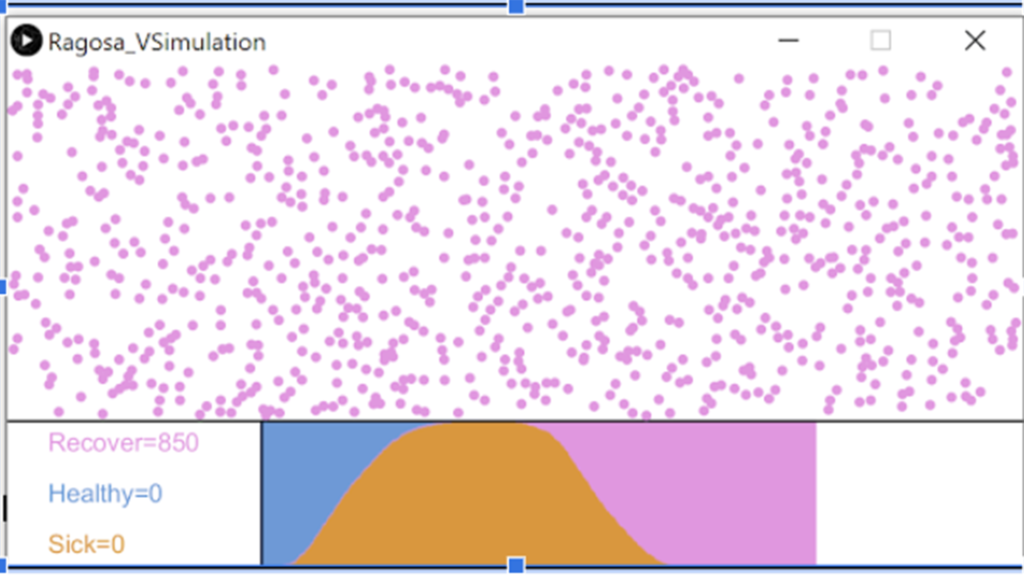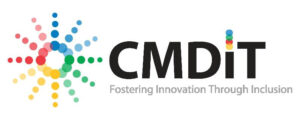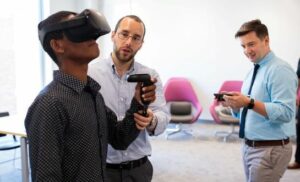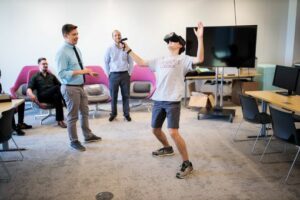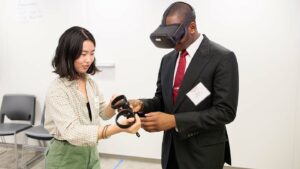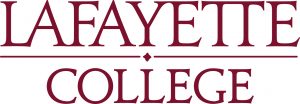FULL ARTICLE HERE
What my research is about:
“Our project aimed to develop a machine learning model for counting vehicles observed through traffic cameras. Using existing computer vision technology, our model first detected the presence and trajectories of the vehicles in the traffic camera footage. :….
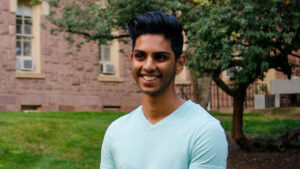
Student researcher: Malolan Vasu ’23
Major: Computer science and mathematics
Adviser: Christian Lopez, assistant professor of computer science
